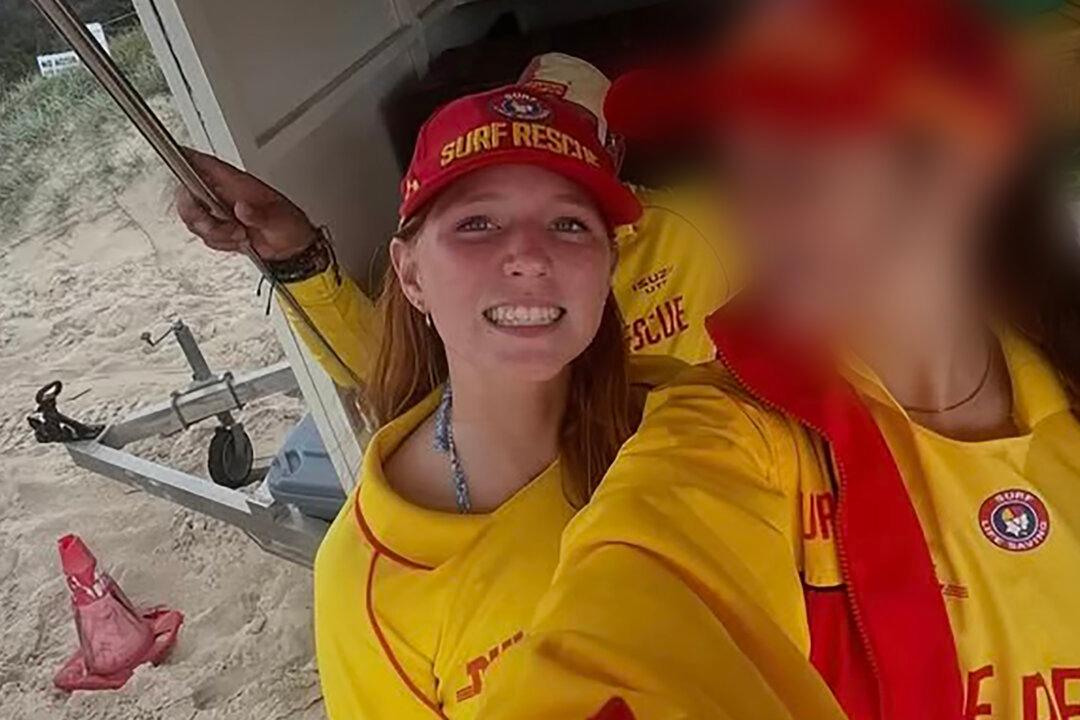Australia’s notorious serial killer Ivan Milat has died in prison of cancer.
Milat, 74, who had been in prison since 1994, died at Long Bay Hospital at 4:07 a.m. on Oct. 27, Corrective Services New South Wales said in a statement.
Milat had been undergoing chemotherapy since being diagnosed with oesophagus and stomach cancer in May.
He murdered three German, two British, and two Australian backpackers after giving them rides while they were hitchhiking.
The former road worker was sentenced in 1996 to seven consecutive life sentences for murdering the seven young backpackers whose mutilated bodies were found in makeshift graves in the NSW Belanglo State Forest in the 1990s.
NSW Corrections Minister Anthony Roberts on Sunday said Milat “was sentenced to die in jail and he was going to die in jail.”
“Both the Commissioner and I were of the same opinion that he shouldn’t be taking up a precious public hospital bed,” Roberts said in a statement.
“As soon as he could be removed from the public hospital and sent back to Long Bay Prison, he was.”
“He can rot in hell. He showed no remorse. He was sentenced to remain in jail for life, that sentence was carried out and he died in jail.”
Milat was arrested in May 1994, following two months of surveillance.
Police were aided by an identification of Milat by British man Paul Onions, who had accepted a ride from him while hitchhiking out of Sydney in 1990 and managed to escape the car, running down the road while Milat shot at him.
Clive Small, a former detective who led the murder investigation, told Nine Network television on Sunday of Milat’s death: “A lot of people are going to be very satisfied with the current outcome and will be pleased that it’s over.”
“I had absolutely no respect for him at all. I thought that if he had one ounce of decency in him, he could have shown it before he died by admitting and clarifying a number of issues that are outstanding.”
Police still believe Milat may have been responsible for other murders carried out with similar characteristics, including three people whose bodies were found in three other forests from as early as 1971 to 1991.
Milat’s brother Bill told the Daily Telegraph it was “crap” and “ridiculous” that the family had not been informed until just before 7 a.m., close to three hours after his death.

The father of 21-year-old British backpacker Caroline Clarke, who was among those killed along with her friend Joanne Walters, 22, said the family thinks of his daughter every day.
“We still think of Caroline every day but it doesn’t mean to say we have to think of Milat every day,” Ian Clarke told AAP from his home in Northumberland earlier in October.
Of the killer’s demise, he added: “It’s a horrible way for anybody to end their life but then it was even more horrible the way our daughter and so many others lost theirs, so sympathy isn’t high on the list, I’m afraid.”
Clarke said a belated confession, and disclosure of where any other bodies were disposed, could bring some kind of closure to other families who he feels “desperately sorry for.”
“If he was to finally face up to the fact and admit to any others that he has done, if indeed he has, then I think that would be a wonderful thing for those parents, because for the short time that we didn’t know, I know just how they must be feeling,” he said.
He added that he and his wife, Jacqueline, had been thankful to be able to bury their daughter.
“It was in its way a form of closure, that we'd found her and we were able to lay her to rest properly,” he said.
“It’s these other parents who don’t have the luxury of being able to do that.”

As well as Clarke and Walters, Milat was convicted of killing Melbourne couple James Gibson and Deborah Everist, both 19, and German backpackers Simone Schmidl, 20, Gabor Neugebauer, 21, and Anja Habschied, 20.




